9 Fast-Acting Natural Remedies for Heartburn Plus Long-Term Solutions

When you start to feel that familiar pain in your chest after eating too much, you pop an antacid and go about your life, right? Well, we hate to burst your bubble, but even though heartburn affects 60 percent of Americans, that doesn’t mean it’s a normal affliction. Luckily, our experts have offered a few of their favorite natural remedies for heartburn to help quell the heat.
Sign up for the newsletter for more natural wellness tips.
What Causes Heartburn?

Thanks to the alternate name, acid reflux, many assume it’s due to having too much acid in their digestive system. But according to experts, it’s the opposite.
“The stomach should be about pH 2 to 2.5,” explains Dr. Jason Nardi, a chiropractic internist, and clinical nutritionist in private practice in Juneau, Alaska. “If stomach acid reaches a pH of 3.0, then the body reacts differently.”
This reaction links to the natural reflexes of our digestive system. After food passes through the esophagus, the valve connecting to the intestine closes. This signal activates when stomach acid splashes up against it.
“That is where the pH becomes important,” explains Nardi. “It has to be less than pH 3.0 to get it shut tight.”
When this happens, explains naturopathic doctor Serena Goldstein, “Any amount of acid can travel upwards, and that’s what creates the reflux.”
Natural remedies for heartburn will work in many cases. However, heartburn can also be a symptom of an underlying condition. These conditions include gut infections such as Helicobacter Pylori or Small Intestinal Bacterial Overgrowth (SIBO), especially if there’s been a long and/or high dose history of proton pump inhibitors or H2 blockers. In addition, recurrent heartburn can turn into GERD (gastroesophageal reflux disease). GERD is not only uncomfortable, but it can cause vitamin and mineral absorption problems.
If you experience recurrent heartburn, consult your doctor to rule out any of these conditions and get to the root cause of the problem.
1. Magnesium
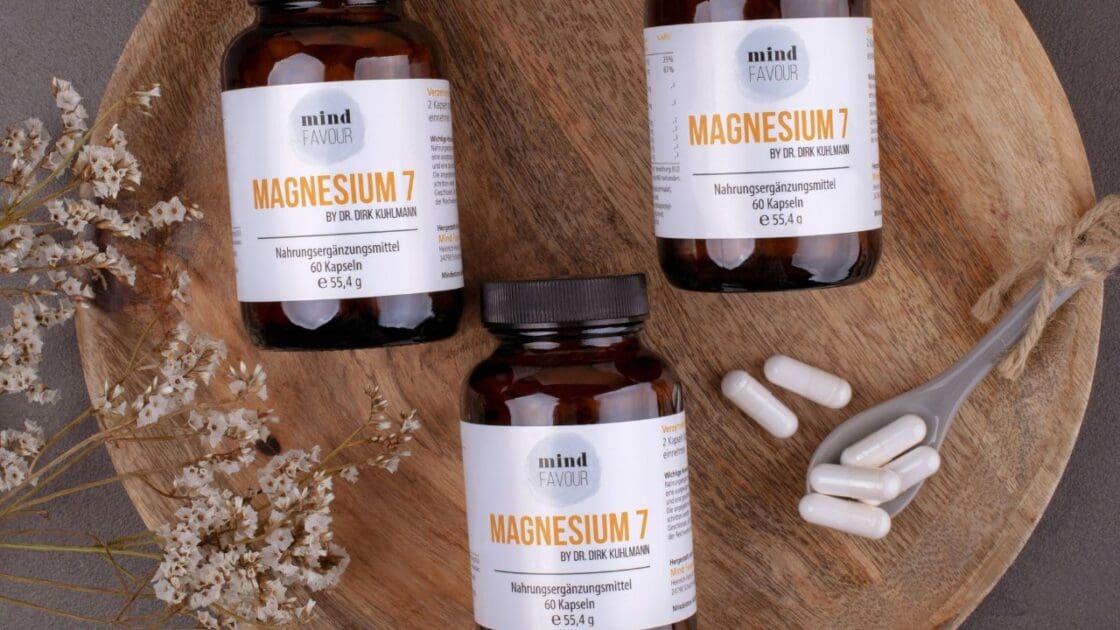
Goldstein recommends supplementing with magnesium, which she calls “nature’s stress reliever,” to overcome bouts of heartburn.
“It not only helps with stress but also helps relax the pyloric sphincter to help food go down,” she says.
A 2017 study in the journal Nature showed that pregnant women taking magnesium supplements to help with heartburn felt reduced symptoms in a comparable way to those taking other types of antacids1.
2. Licorice

Licorice root can soothe your stomach and coat the lining of your esophagus. This makes you less susceptible to acid reflux, explains Snyder.
Dr. Alexander Thermos DC, DO, also notes that deglycyrrhizinated licorice tablets, taken before eating, can help ward off heartburn. Traditional Chinese and Ayurvedic Medicine uses this herb to ward off all manner of gut-related issues.
Tara Nayak, ND even goes so far as to call it her “go-to ‘band-aid’ to stop the burning feeling of heartburn.”
Licorice, however, is not safe for everyone, especially those with heart conditions or women who are pregnant.
3. Fresh Basil
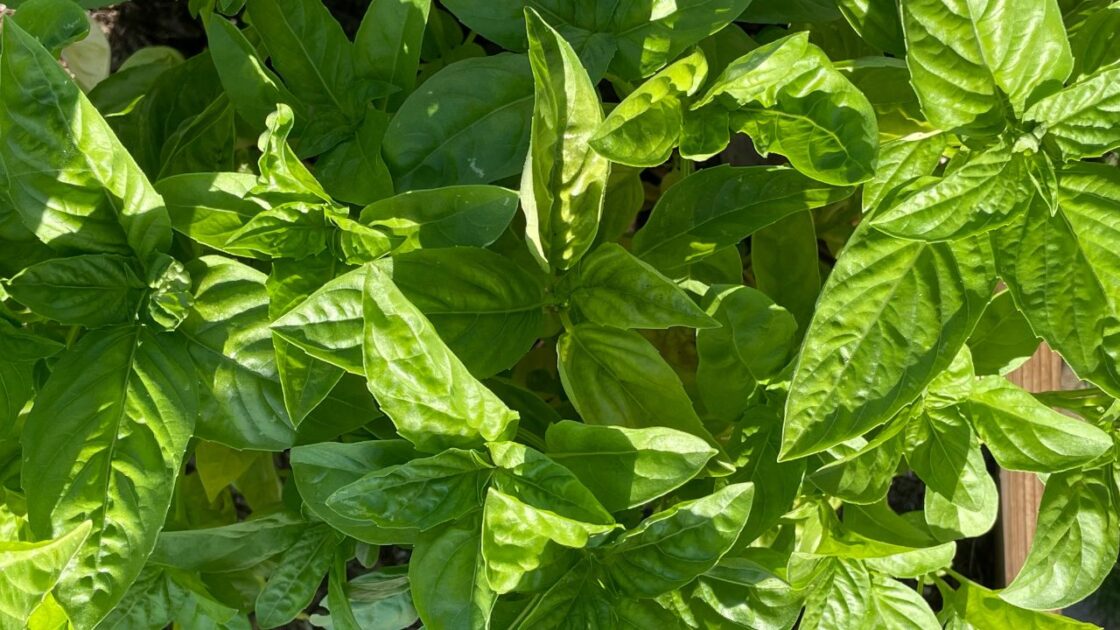
This Ayurvedic remedy can soothe the digestive tract. Snyder recommends chewing on a fresh leaf of the fresh basil. However, it’s also beneficial with a soothing herbal tea.
4. Digestive Enzymes
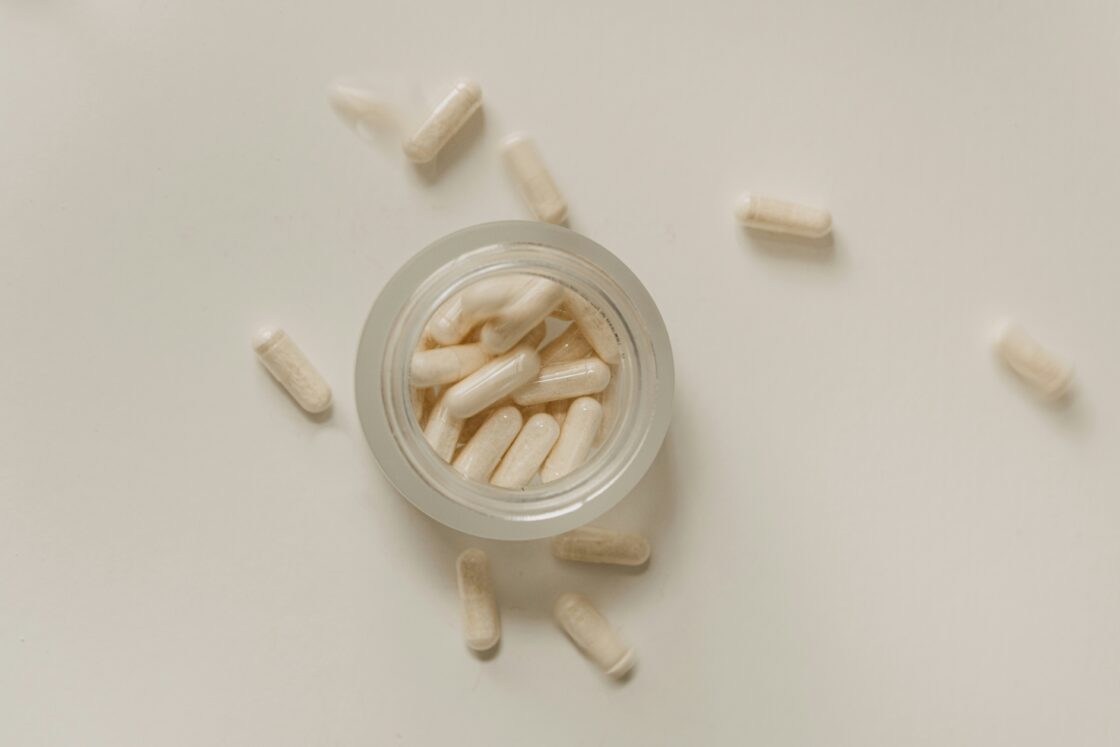
Dr. Len Lopez recommends supplementing with digestive enzymes to help your body better break down the food you’re eating. This prevents an overgrowth of bacteria in the gut. He recommends enzymes with betaine hydrochloric acid, which balance the pH in your digestive system and ward off problems leading to acid reflux.
5. Kuzdu and Apple Juice

Dr. Elizabeth Trattner, an integrative medicine specialist who draws upon the principles of Traditional Chinese Medicine in her work, notes that one of her favorite remedies is kudzu and apple juice. Kudzu is a common remedy in Chinese Medicine to protect against the effects of stress-induced gastric mucosal injury.
“I have patients mix a packet of kudzu with a 32 oz. bottle unfiltered apple juice in a pot,” she says. The apple juice contains pectin, which boosts digestion by binding to cholesterol in the gastrointestinal tract. Stir the mixture with a wooden spoon until it sets up, and take a spoonful as needed.
6. Apple Cider Vinegar
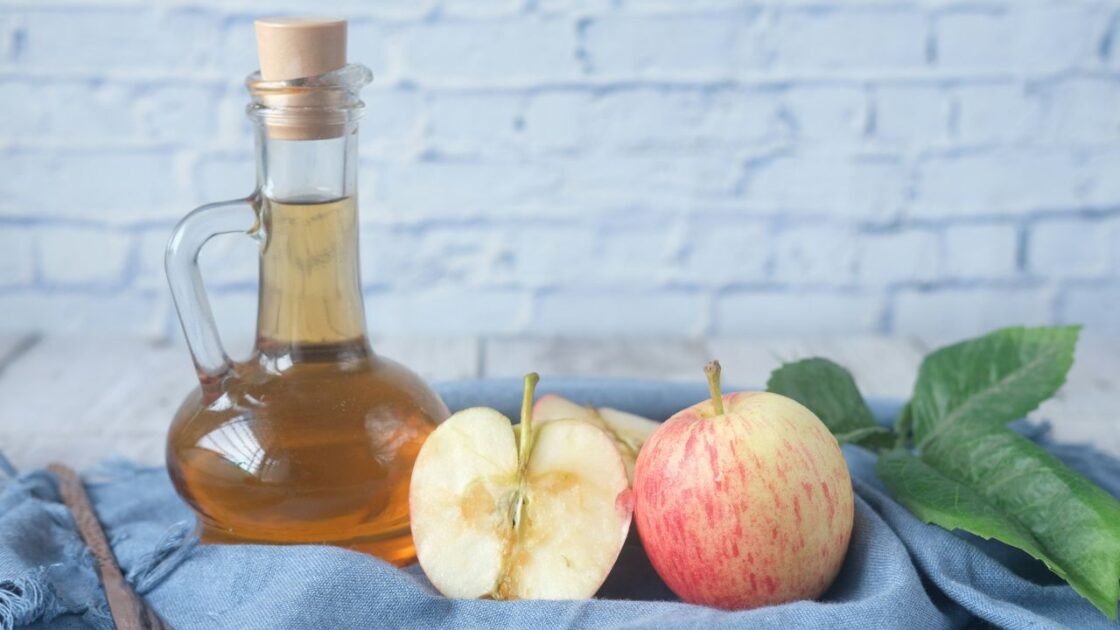
Since heartburn happens because of too little acid in the stomach, adding a bit of acid is actually a good way to quell it. Goldstein recommends drinking apple cider vinegar in room temperature tap water, noting that drinking very cold water is not great for gut health.
Rebecca Lee, Registered Nurse and founder of Remedies For Me, agrees. “Organic apple cider vinegar boosts the immune system and decreases the amount of harmful bacteria in the gut,” she says, noting that vinegar can stimulate acid production in the stomach, leading to proper food digestion.
7. Yellow Mustard
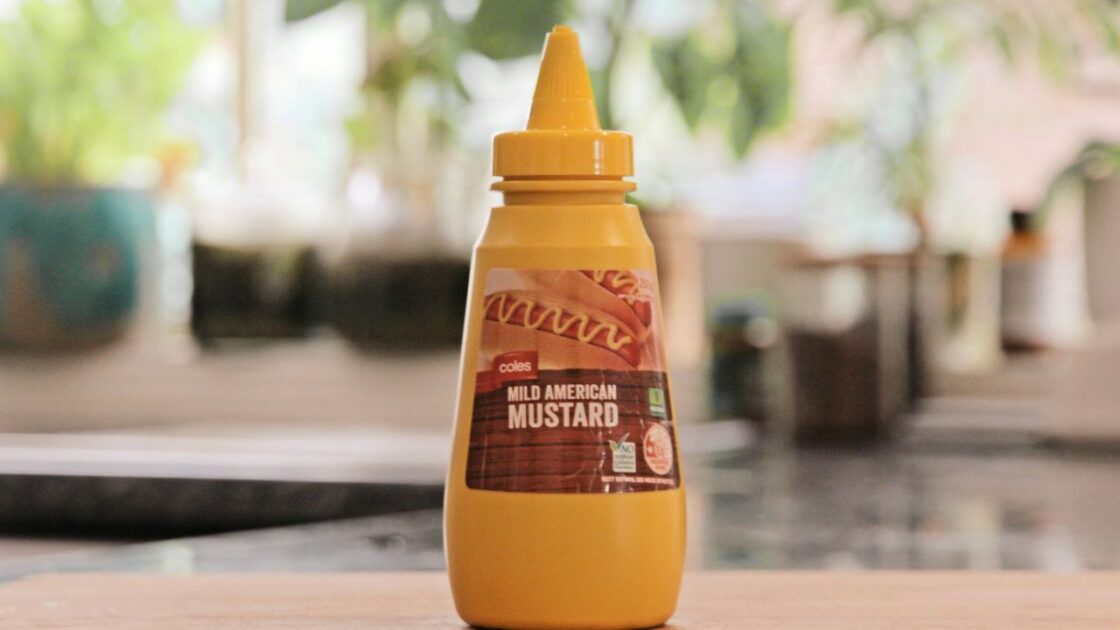
This one might seem counterintuitive, but Lee swears by it. Yellow mustard contains vinegar, which can neutralize imbalanced stomach acid. Choose a brand containing turmeric, too, which will promote good digestion.
”The heartburn may initially feel worse,” she warns, “but after a few minutes the symptoms should subside.”
8. Fennel Seeds
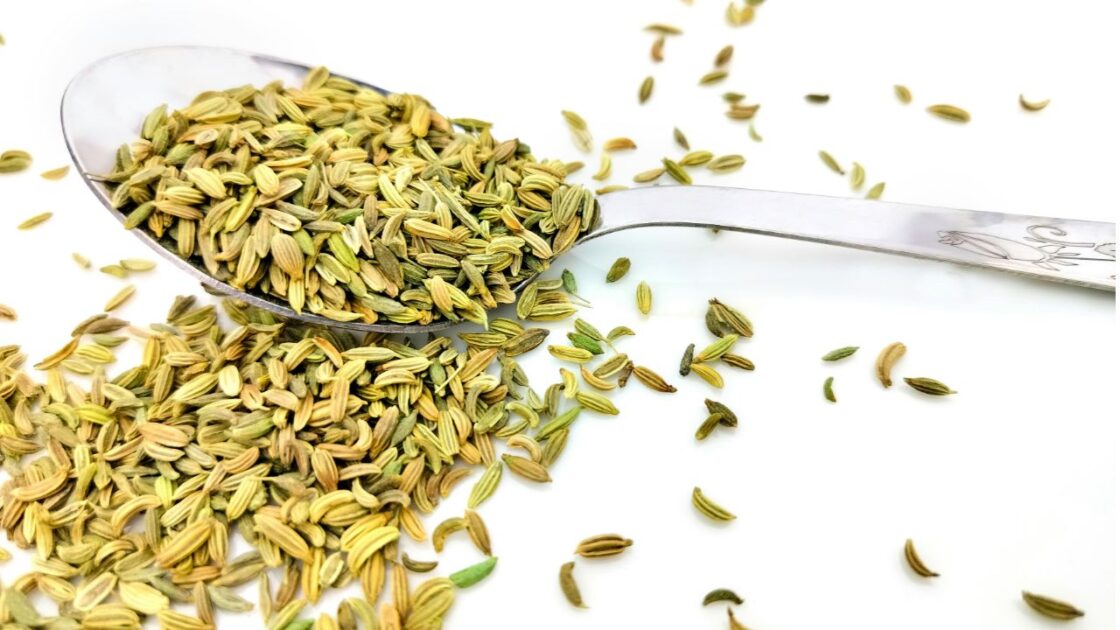
Fennel is a common herb around the world to help with digestion thanks to the anti-inflammatory compound anethole, which can relax the stomach walls. Consume the fennel seeds to activate the natural remedy for heartburn, or use it in tea.
9. Ginger
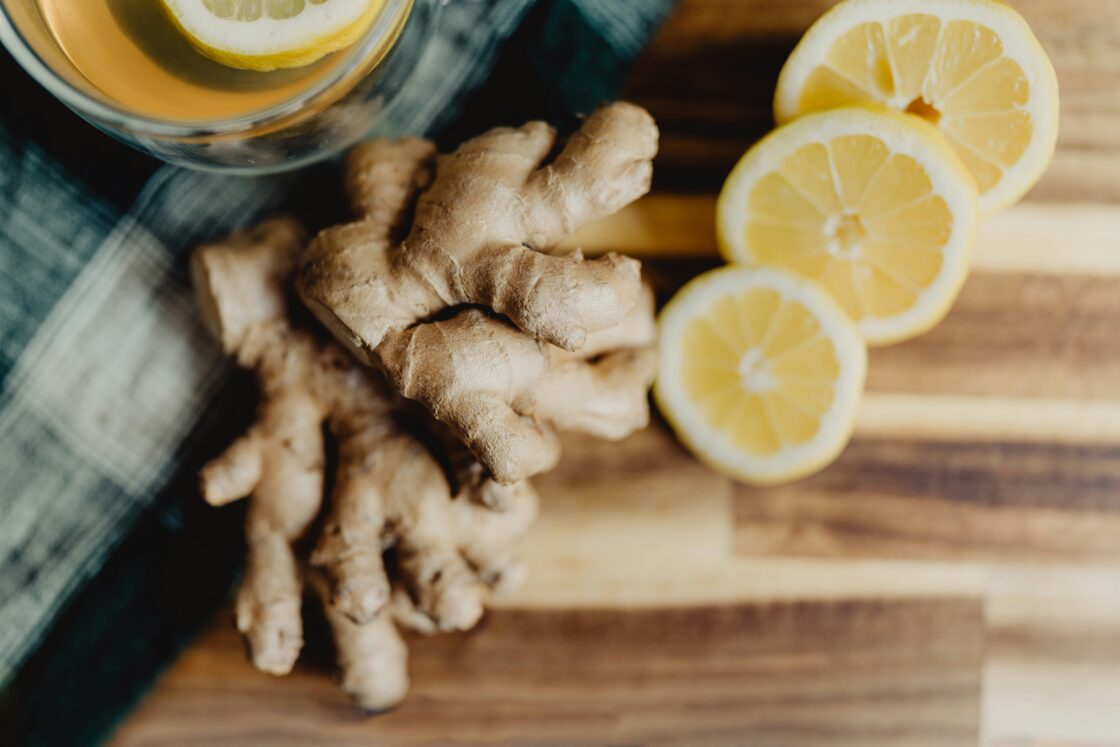
Ginger is great for digestion. According to Lee, “This ancient root is known to destroy the H. pylori bacteria, decrease inflammation, minimize nausea, and calm the stomach muscles.” Sip a bit of fresh ginger juice or ginger tea to calm heartburn symptoms quickly.
Change Your Diet

It’s perhaps no surprise that diet is one of the main causes of heartburn. Our experts recommend sticking to a diet rich in fruits and vegetables, and a few in particular.
“Many vegetables also act as bitters,” explains Goldstein, citing arugula, kale, and broccoli. “Bitters help produce more acid, secrete bile from the gallbladder, and make more digestive enzymes.”
Lee also recommends stocking the refrigerator with naturally alkaline celery; bananas, which are known to have a natural antacid response; and papain-rich papaya, which, she notes, is “an effective protein and carbohydrate dissolving enzyme” and has also been known to treat constipation.
As for foods to cut back on, Nardi recommends steering clear of refined carbs, like white flour and sugar.
“These foods actually lower pH in the stomach,” he explains. “That is one reason why appetizers traditionally are meat or seafood-based – protein is acidic. It wasn’t until very recently in cuisine that the bread-based apps became so popular. Having heaving breaded apps can throw off the stomach’s natural rhythm of acid creation.”
Snyder recommends adding animal products to the list of foods to avoid or reduce in your diet.
“They require tremendous effort (and acid release) on the part of your stomach,” she says. “Likewise, animal products (especially dairy) create an acidic environment in which conditions like acid reflux thrive.”
Another way to kick this parasympathetic digestion into gear is to eat slowly and chew fully.
“Digestion begins in the mouth,” says Lee. “Chew slowly and more frequently before swallowing. The more help you give your body in the beginning, the easier it’ll be later on.”
Snyder also recommends listening to your body for clues that it’s full. Stop eating when you begin to feel full rather than when you have overeaten.
“Huge meals overextend the stomach, which can cause – you guessed it – acid reflux,” she says.
“Each of our bodies will react to different foods in different ways,” she says. “I would suggest keeping a food diary to make note of what you ate before you feel heartburn to help you determine which foods are consistently causing the sensation. You may find that tomatoes do not cause heartburn but French fries do. This will help you get a more accurate sense of which foods to eliminate to avoid heartburn.”
Stand Up Straight

Just as it’s important not to recline right after eating, it’s important to sit up straight as much as possible. Not only is pretty posture better for your back, but slouching can also squeeze your stomach and make acid reflux worse, according to Claire Martin, RD, cofounder of Being Healthfull.
“Try to remember to sit and stand up straight,” she says. “Bad posture becomes a comfortable habit over time, so set reminders on your phone over the course of the day or stick a post-it note where you can see it to help you reset this habit and sit or stand up straight.”
And take your new good habits to bed with you.
“Sleep with your head slightly elevated and lay on your left side,” suggests Lee. “This position does not allow stomach acid to empty back into the esophagus.”
Swap Out Some Staples

One big contributor to heartburn that nearly all of our experts mentioned is caffeine. So you may want to lose some (or all) of your daily joe.
“Foods that have a high caffeine/caffeine-like content, such as chocolate or caffeinated drinks will cause the doorway to the stomach to remain ‘open,’ and therefore increase the likelihood of reflux,” explains Thermos.
Dr. Jessica Ross also notes that while you’re swapping your coffee for decaf, you may want to swap out your pain relievers.
“Ibuprofen (Advil) and Naproxen (Aleve) are members of a class of medication known as non-steroidal anti-inflammatory drugs (NSAIDs),” she explains. “These wreak havoc on the lining of your stomach and overuse can predispose to stomach ulcers and bleeding. If you’re already suffering from heartburn, switch to a safer and less bothersome medication for occasional pain, fever, or headache. Better yet, treat the underlying cause if you can.”
Reduce Your Stress

Stress is a huge contributing factor to heartburn.
“The more stressed out we are,” explains Goldstein, “The more our body says, ‘Nope, we don’t need to digest right now.’”
This biological reflex allowed us to evolve by being able to run away while digesting food. However, due to stress, food commonly stays in the stomach. This, in turn, can affect the pH of the stomach, causing reflux.
“As food sits in the stomach it can create bacterial overgrowth and/or upset the balance of stomach acid which both can downstream affect heartburn,” explains Nayak, who notes that while this is not the case for all sufferers of heartburn, those with stress-related digestive complaints could benefit from using adaptogens.
Add Probiotics

Lee recommends including probiotics in your diet. This promotes proper digestion and prevents an overgrowth of naturally occurring H. pylori bacteria, which can lead to heartburn. Naturally occurring probiotics in kefir, kombucha, sauerkraut, and other fermented foods are ideal. But you can also find good probiotic supplements in natural foods stores.
Nayak suggests that some may want to take this a step further.
“Probiotics may help this issue,” she says, “But the best advice is to do a gut restoration program coordinated by a natural health care practitioner. This usually includes herbs and foods that will kill off the bad bacteria and help the good bacteria grow as well as herbs/nutrients to heal the gut lining.”
Oh, and if anyone’s still smoking out there, this is yet another good reason to quit. Nearly all of our experts noted that nicotine can loosen the sphincter, allowing acid to escape and irritate the esophagus.
Read More on Organic Authority

7 Common Heartburn Triggers (and How to Stop Them for Good)
The End of Heartburn, Gas and Bloating
7 Ways to Feel Better After Eating Too Much Holiday Food
Sources:

